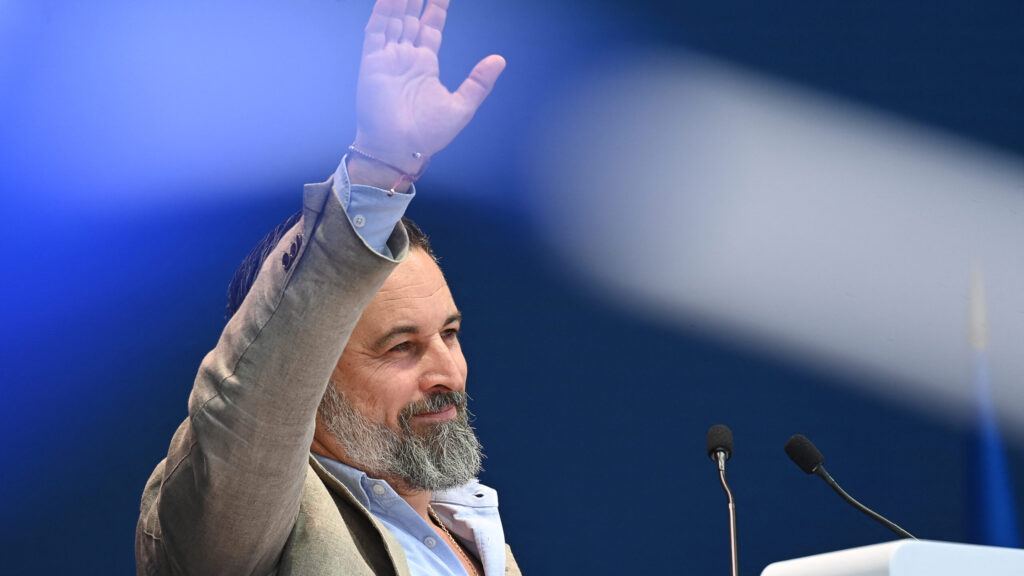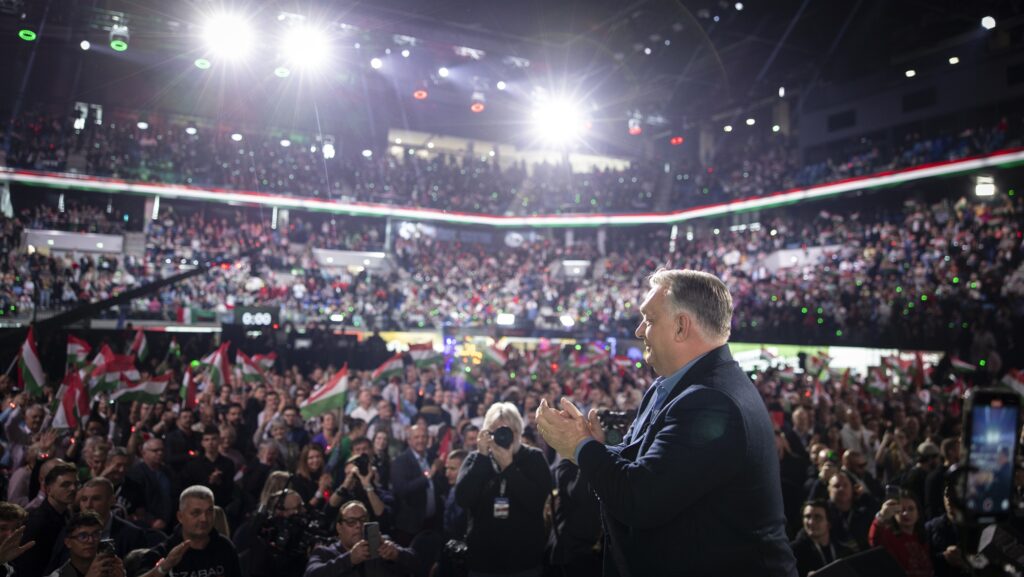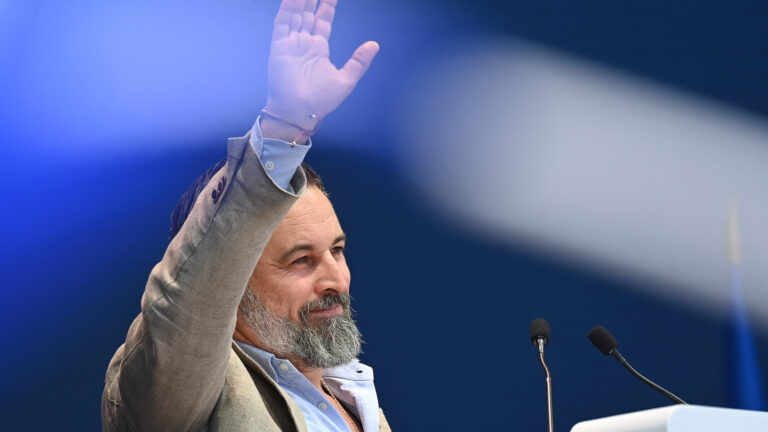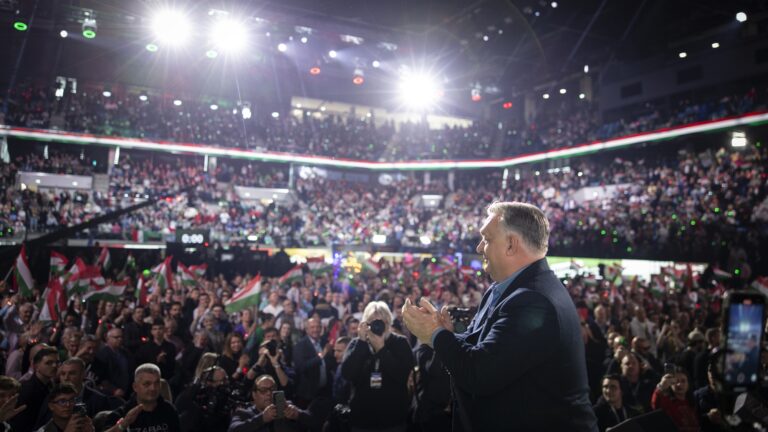‘Sustainability means solutions to global environmental problems that do not result in economic collapse or unacceptable declines in quality of life,’ Attila Chikán Jr, President and CEO of Alteo Nyrt explained in the latest episode of former President János Áder’s Blue Planet podcast , released on Monday and available on the most popular video-sharing platform.
The expert added that these solutions are both financially feasible and allow us to maintain the benefits of our civilization while consuming within reasonable limits. Áder, Chairman of the Blue Planet Climate Protection Foundation, asked his guest about transitioning to a circular economy in connection with sustainability.
Attila Chikán Jr explained that, similarly to sustainability, the concept of a circular economy is relatively new. Its essence lies in extending the lifespan of products as much as possible, rather than engaging in one-time consumption, thus reducing our environmental impact over long cycles. The first step is consumption reduction, meaning ‘not always buying everything, avoiding impulse purchases, and not replacing something just because it’s no longer trendy’. However, industries should produce products that are repairable and maintainable, ensuring their lifespan is appropriate, he elaborated. Additionally, sharing and borrowing items are also viable options. When a product reaches the end of its lifecycle, its materials should be recycled, Chikán Jr continued. As an example, he mentioned that recycling an aluminium beverage can consumes 95 per cent less energy than manufacturing a new one. If recycling is not feasible, then energy recovery should be pursued, he concluded.
Fenntartható életmód
Fel lehet dolgozni, újra lehet hasznosítani, zöldenergiát lehet használni – ezek mind fontosak a fenntarthatóság érdekében, de sok esetben saját magunk, tehát az egyén hozzáállása és fogyasztása a mérvadó. Az Alteo elnök – vezérigazgatója azt mondja, ahhoz, hogy a fogyasztásunk csökkenjen, az iparnak olyan termékeket kell előállítani, amelyek erre alkalmasak: a termékek minőségei és élettartamai legyenek megfelelőek, a javítás, a karbantartás ne csak megoldható, hanem megfizethető is legyen.
Regarding the recycling of organic materials, Áder spoke about the economical operation of biogas plants. In response, Chikán Jr stated that transporting organic waste, such as green waste, food industry waste, or expired food products, over long distances would incur significant logistical costs. ‘It is not advisable to develop a green economy with lines of trucks,’ he said. In his opinion, it would be more practical to build many small biogas plants across the country, as economically feasible supply extends only up to 30–50 kilometres.
He also underscored the importance of fermentation in biogas production, highlighting the sensitivity of bacteria involved and the need for a biologist to supervise the process. Ensuring the reliability and balancing of supplies is challenging, but Alteo remains profitable. It produces electricity and potentially biomethane, while the leftover fermentate can replace fertilizer, he pointed out.
János Áder also queried his guest about the possible role of artificial intelligence in energy production. Chikán Jr added that artificial intelligence enables accurate forecasting, helping to synchronize supply and demand, providing security for both producers and consumers, and early indications of possible malfunctions. He noted that a future scenario is thinkable where household smart devices participate in balancing the energy system, switching on and off when optimal, to address shortages or overloads.
Read more:
Sources: Hungarian Conservative/Blue Planet







